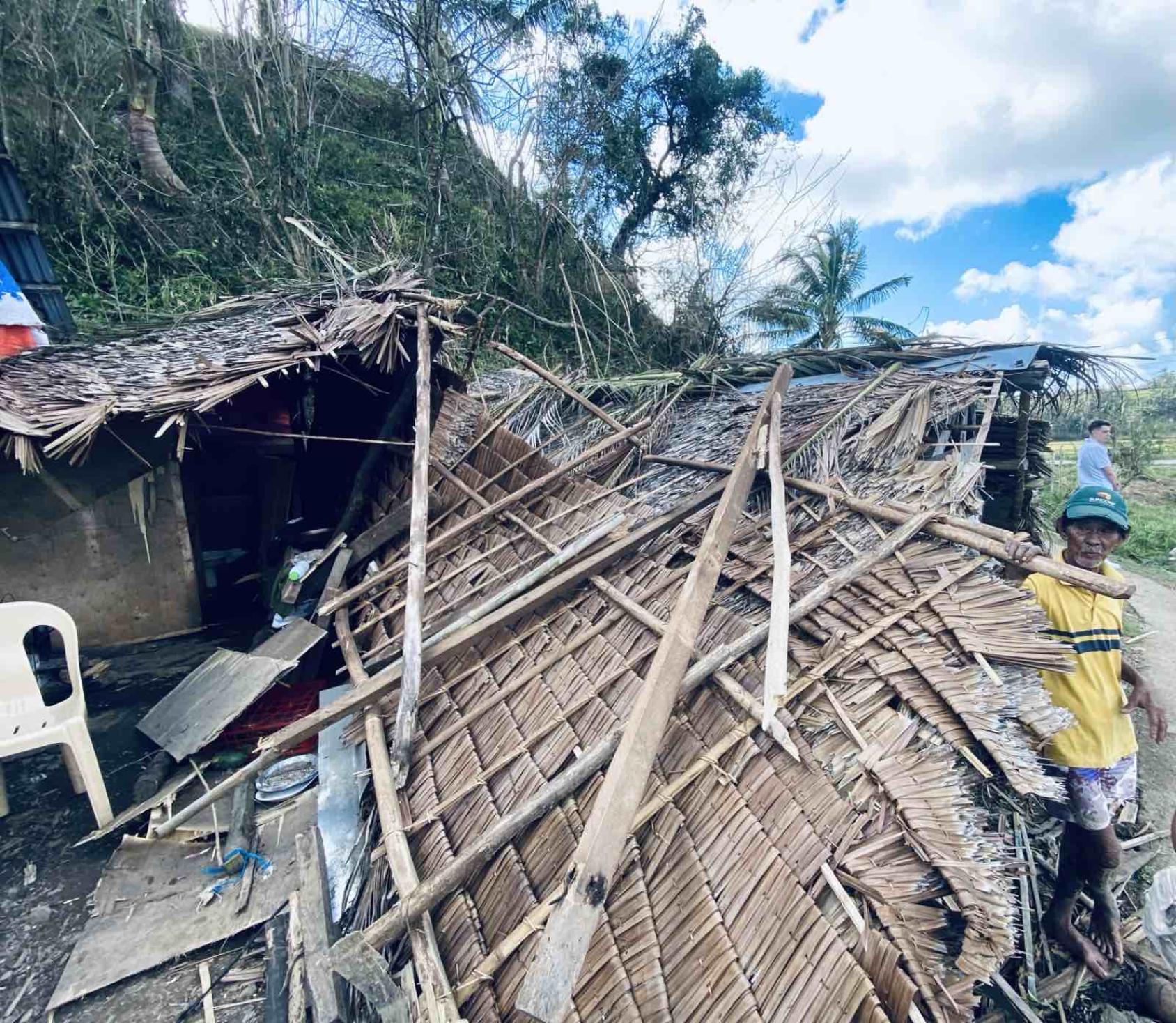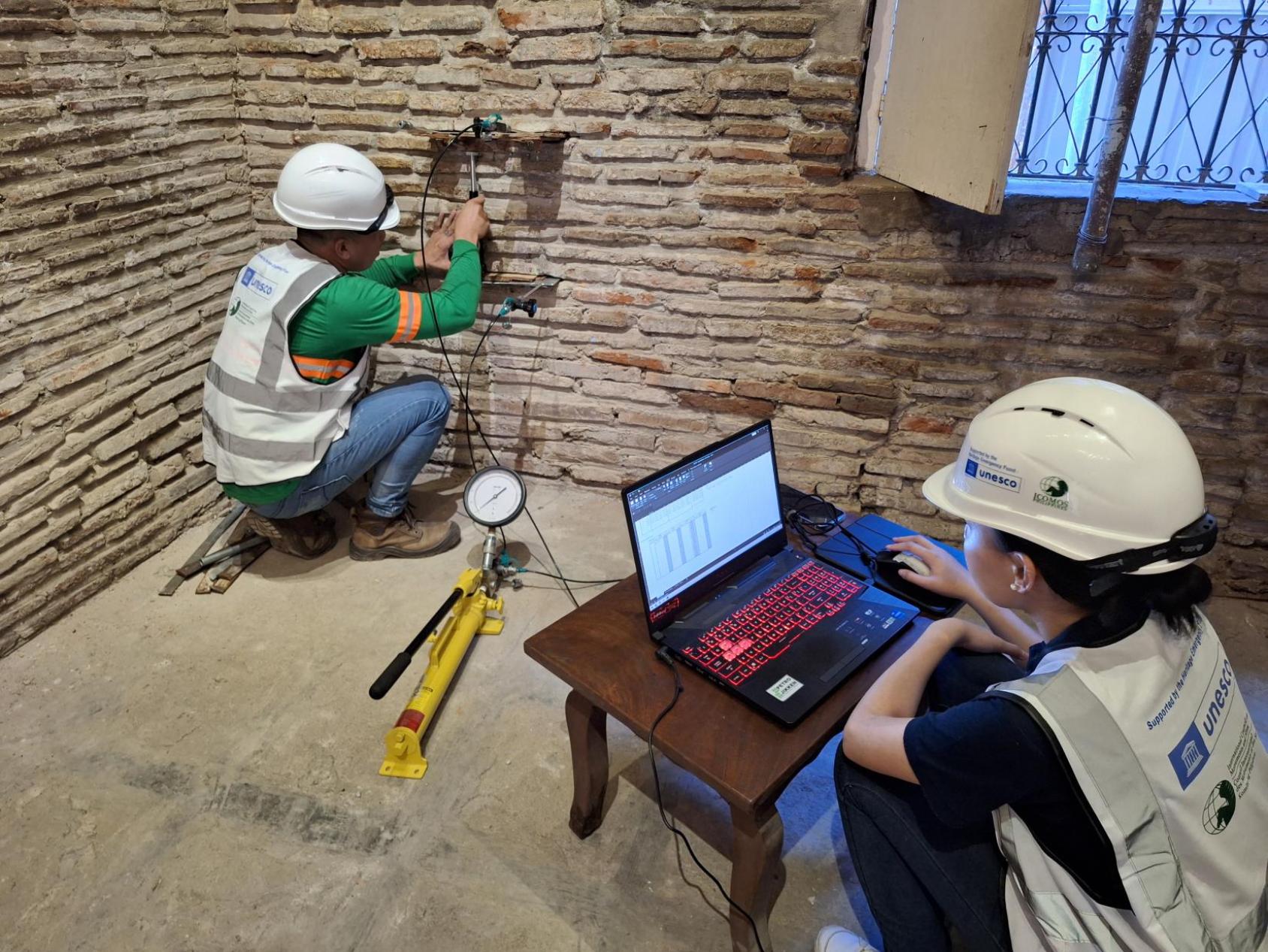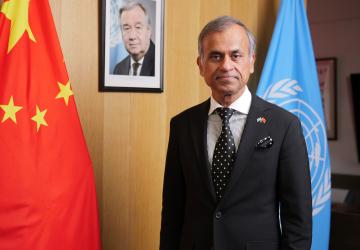Philippines: Prioritizing People through Digital Development
The Philippines, an archipelago of over 7,000 islands, faces a unique set of challenges in achieving sustainable development. However, the rapid evolution of digital technologies presents an opportunity to overcome these obstacles and accelerate progress towards the Sustainable Development Goals (SDGs). The UN in Philippines is working closely with the government and private sector to ensure an inclusive digital transformation.
"First of all, we have to recognize that digital technologies are evolving faster than any other technology in the history of humanity," stated the UN Resident Coordinator (RC) in the Philippines, Gustavo González. Acknowledging the impressive acceleration of digital adoption – already covering 50 per cent of the Philippines – the RC emphasizes the importance of keeping pace with this evolution and ensuring digitalization is inclusive, human rights-based, and contributes to environmental sustainability.
Navigating the complexities of digital development
The UN understands that digitalization in the Philippines requires a comprehensive approach to overcome major structural challenges. "Communication infrastructure and connectivity in an archipelago of the size of the Philippines requires important investments. Creating an enabling business environment to attract private sector investors, coupled with solid people-centered policies to leave no one behind are critical challenges for a country close to graduating to upper middle-income status," Mr. González explained.
Furthermore, the Philippines' vulnerability to natural disasters such as typhoons, earthquakes, and volcanic eruptions adds another layer of complexity. RC González stressed that any investment in digital infrastructure must be resilient and prepared for a wide range of shocks. Affordability is also a key concern, with the UN recognizing the need to substantially improve the cost, quality and coverage of existing digital technologies.

A digital future for all
The UN is taking a comprehensive approach to support the Philippines in its digital journey. This support is driven by the UN Cooperation Framework (2024-2028), which places digitalization at the heart of the development agenda, aligning with national priorities and leveraging the unique expertise of 25 UN entities working together.
This strategy is built on three pillars: understanding the digital landscape, promoting community participation, and empowering those at risk of being left behind. Firstly, the United Nations Development Programme (UNDP) is working with the government on data collection and analysis to understand the digital divide and inform evidence-based policies. Secondly, the UN is closely working with communities, under the umbrella of an ambitious decentralization process, by expanding access to digital technologies and promoting digital literacy. “This includes mobilizing the expertise of agencies like the United Nations Children's Fund (UNICEF) and the United Nations Educational, Scientific and Cultural Organization (UNESCO) to support the digitalization of the education system. UNESCO will shortly conduct the first ever artificial intelligence readiness assessment in the country, which will generate valuable information for digitalization strategies and policies. As part of UN support, the United Nations Industrial Development Organization (UNIDO), the Food and Agricultural Organization (FAO) and the International Fund for Agricultural Development (IFAD) empowers farmers and fisherfolk with innovative digital tools and capacity development to improve their agribusinesses and access to new markets,” Mr. González said. Thirdly, the UN is focused on digital inclusion to ensure that vulnerable communities, particularly those exposed to natural disasters, are not left behind. For example, the UN is developing shock-responsive social protection systems based on digital technologies. These systems provide rapid assistance through digital cash transfers for anticipatory action and early recovery in the aftermath of a typhoon or a volcanic eruption.
Digitalization: A catalytic investment
RC González explained that the UN reform process has transformed how the UN works in countries to better integrate the capacities, knowledge, and resources of UN entities in a cutting-edge development sector, which utilizes the advantages of digitalization and artificial intelligence. “We have shifted from a traditional single-agency service provider model to a platform approach, where UN entities pool their resources and expertise to address major development challenges requiring collective solutions. This collaborative approach extends beyond the UN borders, encompassing government agencies, the private sector, the scientific community, and civil society organizations,” he explained.
The Joint SDG Fund's programme on digital transformation exemplifies this collaborative spirit. “This programme is not just about the financial volume of investment but the quality of the value proposition and its capacity to attract other investments,” he said. With an initial investment of $3 million, the programme aims to transform how the digital divide is addressed. It will empower 15,000 micro, small, and medium enterprises (MSMEs) with digital skills, provide microgrants to 500 enterprises, and establish 10 new hubs to foster collaboration and capacity building between the government, private sector, and communities, including small farmers, fisherfolk, and women's associations. This work was made possible through the generous support of the European Union and the Spanish government, highlighting the crucial role of international cooperation in advancing digital transformation in the Philippines.

Beyond technology
The UN's commitment to digital development in the Philippines extends beyond simply providing technology. It is about fostering a holistic transformation that empowers individuals, strengthens communities, and paves the way for a more inclusive and sustainable future.
Digitalization has the potential to reshape not only how people work and interact but also how they participate in democracy and governance. "What we are learning is that digital transformation is not just a question of technology," RC González concluded. "It's something that is impacting the way that we produce, it's impacting the way that we interact with others. It's even changing the way that we perceive democracy and governance."
By embracing digitalization as a catalyst for positive change, the Philippines is creating a more inclusive, resilient, and sustainable future for all its citizens.
Read more coordination results from the Philippines.













